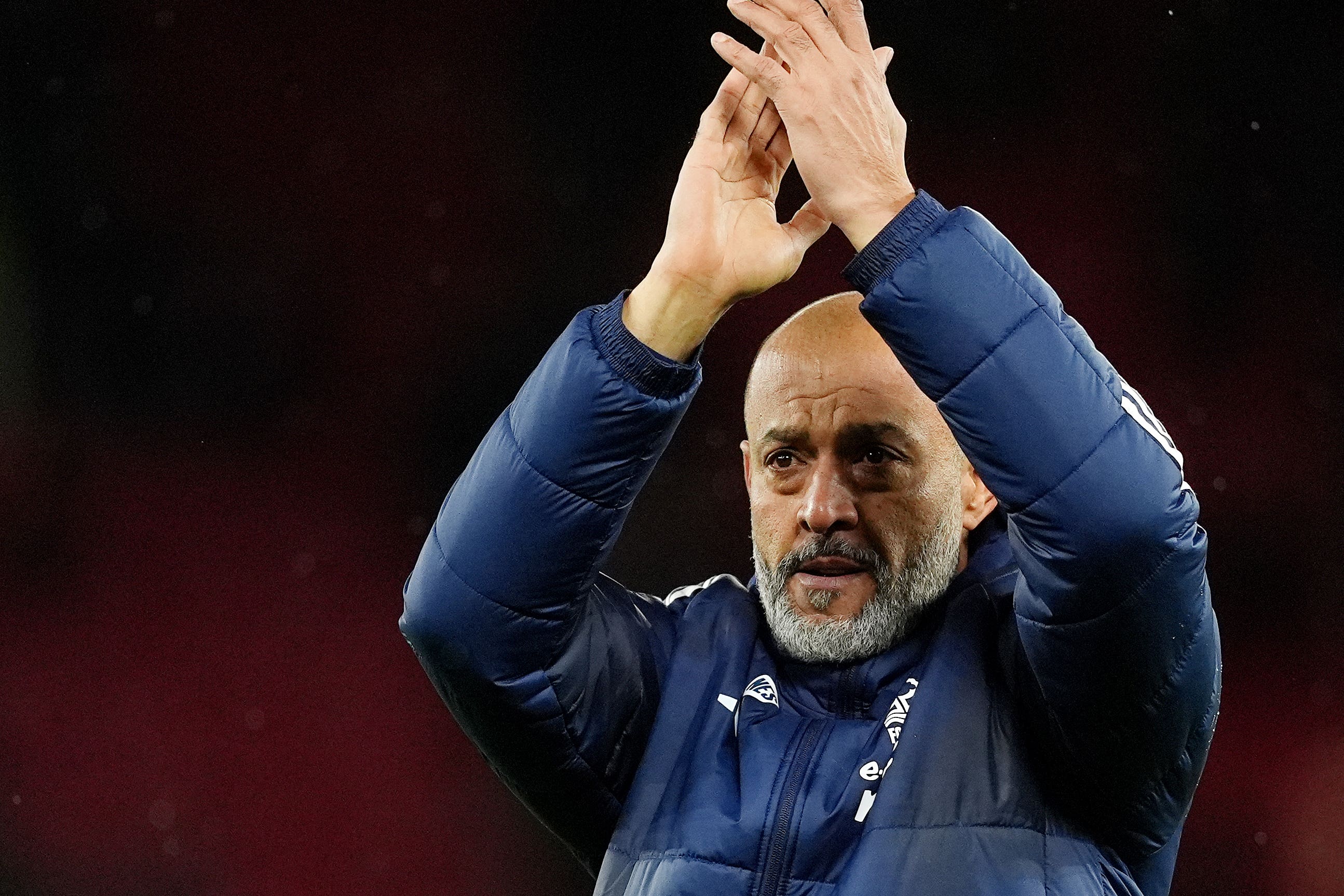Esports are booming in Africa – but can its infrastructure keep pace?
Share:
Esports teams, leagues and competitions are flourishing, but poor connectivity and rarity of Africa-based servers are hampering expansion. On a recent Sunday afternoon in an upmarket neighbourhood of Nairobi, Daniel Badu was rapidly pressing the screen of his mobile phone, headphones wrapped around his head, his elbows resting on a pillow.
![[Carlos Mureithi]](https://i.guim.co.uk/img/uploads/2024/07/12/Carlos_Mureithi.png?width=75&dpr=1&s=none&crop=none)
Badu and his four teammates in the Aura 233 team, all decked in black-and-yellow kits and representing Ghana, were taking on Kenya’s Delta eSports in the finals of the inaugural Carry1st Africa Cup, a continental tournament for the first-person shooter video game Call of Duty: Mobile.
![[Daniel Badu, of esports team Aura 233, sits in a gaming chair, wearing a black and yellow team jersey]](https://i.guim.co.uk/img/media/a4895d31e7634ecfe23d9913d8f662d7534761f5/0_405_6016_3611/master/6016.jpg?width=445&dpr=1&s=none&crop=none)
Esport events are on the rise in Kenya and elsewhere in Africa, driven in part by increased access to the internet and devices such as smartphones, PCs and consoles. Popular titles include EA Sports FC, Call of Duty and Tekken. Professional teams, university leagues, national federations and competitions such as the Carry1st Africa Cup have been set up to cater to burgeoning interest.
![[Fans of esports congregate on grey sofas to watch the Call of Duty Mobile Carry1st Cup tournament on a TV screen]](https://i.guim.co.uk/img/media/9f2c904332f30729af41d25806c49cdc42d36e07/0_405_6016_3611/master/6016.jpg?width=445&dpr=1&s=none&crop=none)
The trend is part of a growing interest in video games in general in Africa, the continent with the youngest population. A 2021 report said the number of video game consumers on the continent rose from 77 million to 186 million from 2015-21. Some of those have now transitioned to professional gaming. Badu, better known by his gaming alias Ruin, started playing Call of Duty: Mobile in 2019 after playing console games for years.
![[Players hunch over the mobile phones they’re playing Call Of Duty on during the Carry1st Cup tournament]](https://i.guim.co.uk/img/media/4fd528da406ef77d055283ed8b1672eafafe778f/0_186_6016_3611/master/6016.jpg?width=445&dpr=1&s=none&crop=none)
“I’ve been playing video games for as long as I can remember,” said the 19-year-old. Badu began his journey to becoming a professional by joining various low-tier teams to gain experience, showcase his skill and get his name out. Last year, he was scouted by Ace Gamers Esports, a professional esports organisation based in Accra, which signed him after a trial.
![[Kenyan esports competitor Magdaline Mumbi holds up her team flag]](https://i.guim.co.uk/img/media/add3117e2a8f84af114110fe1015020ec7fd5975/0_30_1280_768/master/1280.jpg?width=445&dpr=1&s=none&crop=none)



















